Alex Berenson, the noted journalist and author, graduated from Yale University with a degree in history and economics. He began his journalism career in 1994, and between 1999 and 2010 — while working as an investigative reporter for The New York Times — he served twice as a correspondent covering the Iraq War. Since 2006, he has published more than a dozen books on various fictional themes, while also writing regularly about the Covid pandemic, the damaging effects of Wall Street’s financial machinery, and the challenges posed by drug use. With over half a million followers on X, Mr. Berenson plays a significant role in shaping public opinion. On November 19, at the MCC’s conference in Budapest, he delivered a lecture on drug policy, the shaping of public attitudes, and the media’s responsibility, as well as the societal consequences of drug legalization. He then responded to questions from our newspaper.
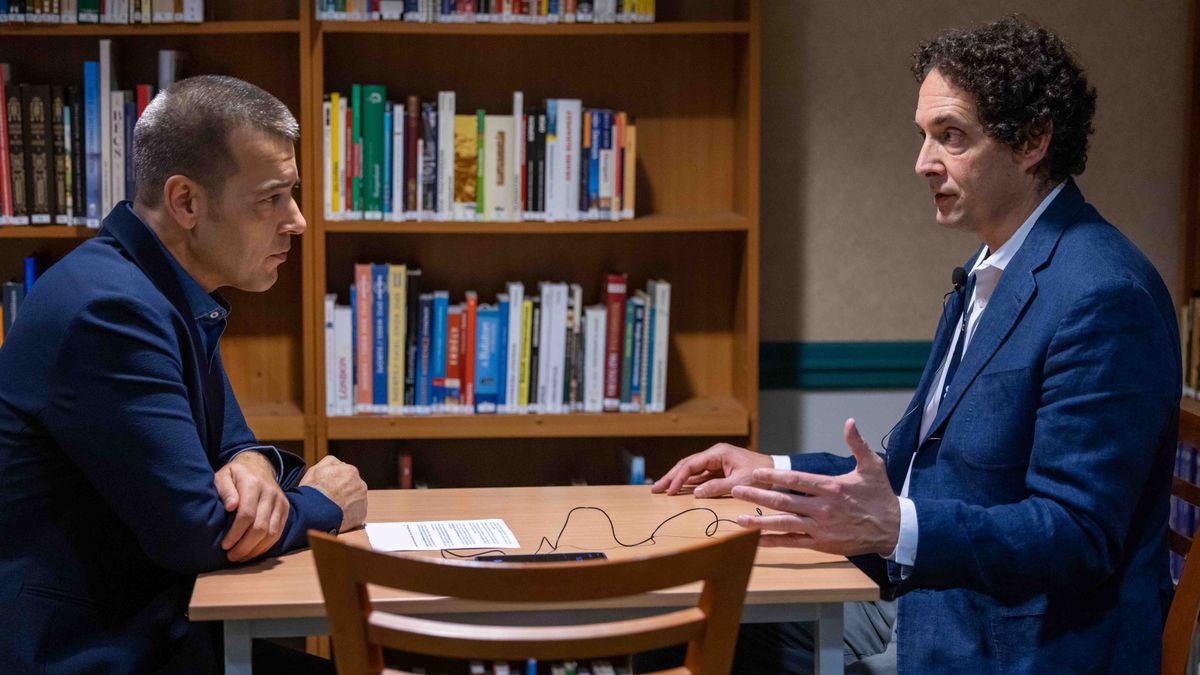
– In your book Tell Your Children you are generally critical of drug legalization, but your position is more nuanced. Can you please explain?
– Sure. We're not going to put millions of people in jail in the U.S. for smoking pot, or even for harder crimes. We don't have a big enough penal system and we don't want to do that. And I think that's true in most countries. So the question is not just focusing on the outcome. The question is how do you discourage drug use as a society? And obviously, incarceration needs to be part of that. It needs to be a potential punishment for somebody who's been caught using drugs multiple times, or maybe has committed petty crime along with their use. But really, this isn't a question of putting everyone in jail. It's a question of getting to a society, a societal consensus where we're discouraging drug use!
And I would say in the U.S., certainly with cannabis, we're actually actively encouraging use. We have a legalized industry that advertises it.
Every time I drive up Route 9 in New York State, where I live, about 10 kilometers from my house, there's a billboard advertising cannabis for sale. That is not a good thing. That's not where we should be.

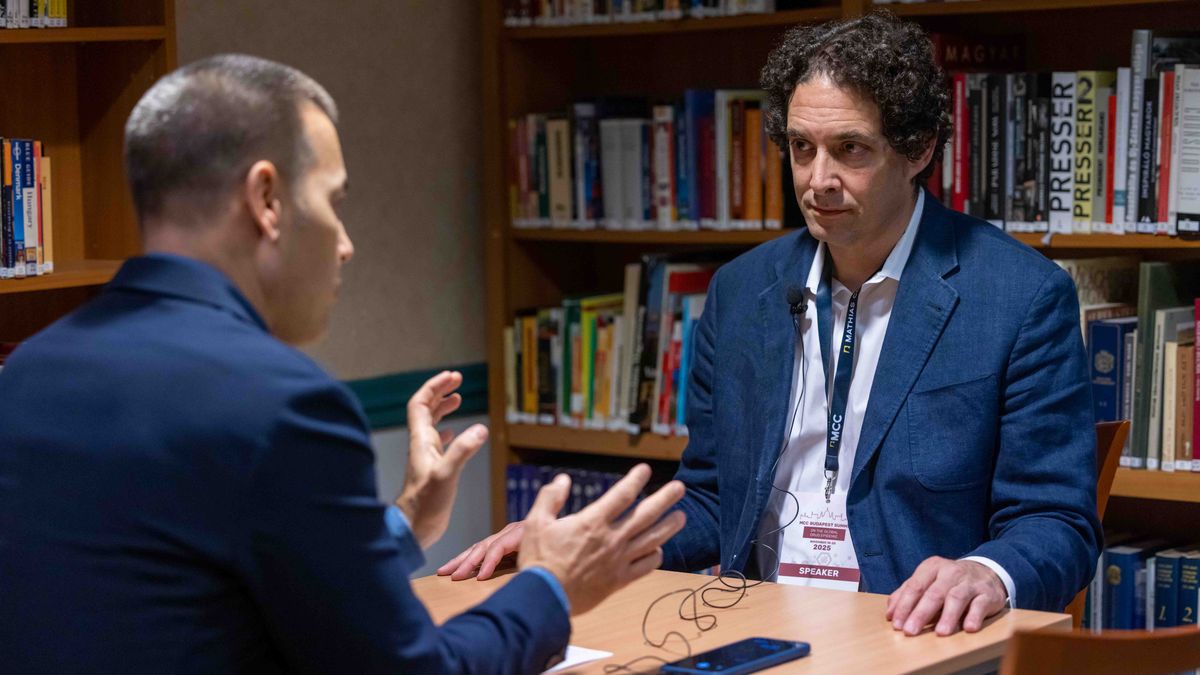
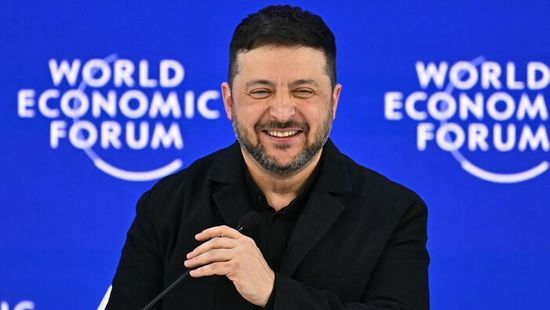
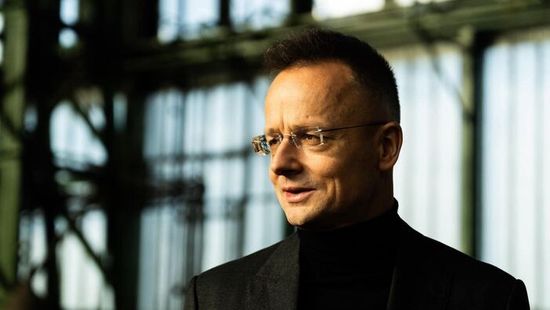



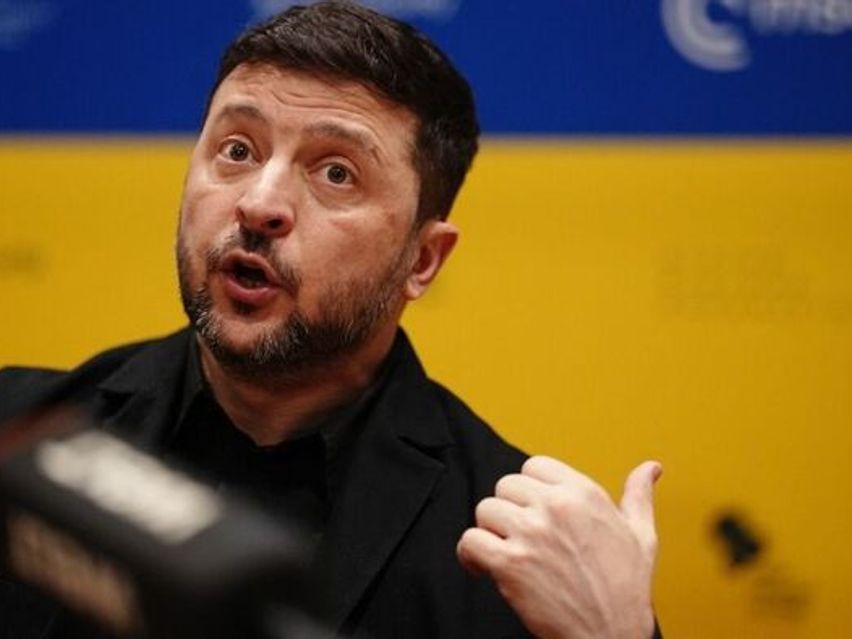


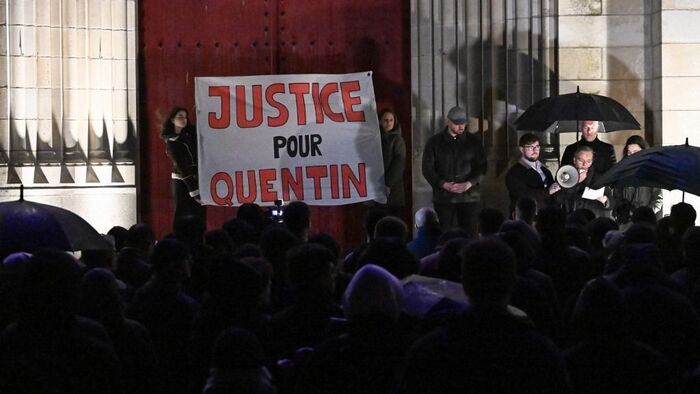


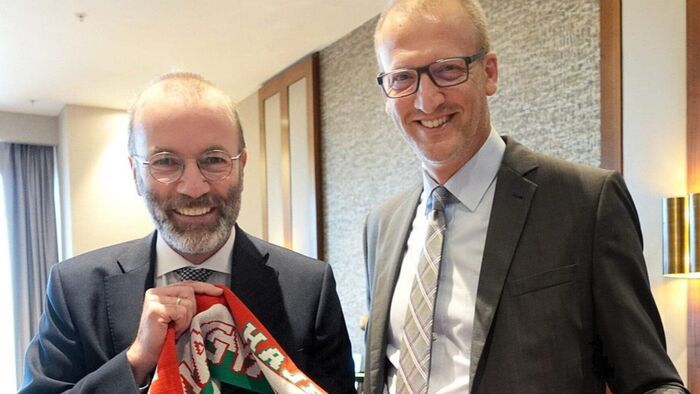

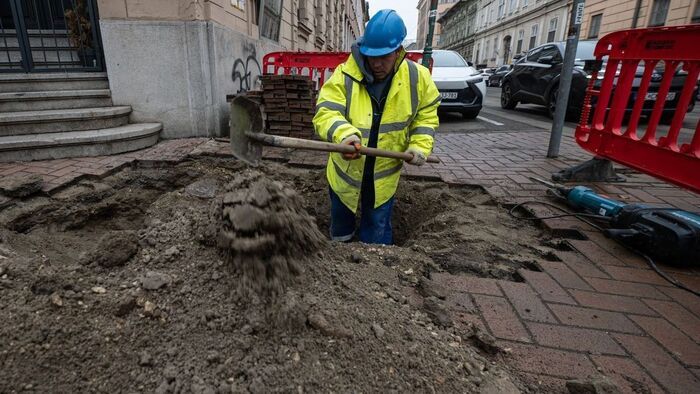

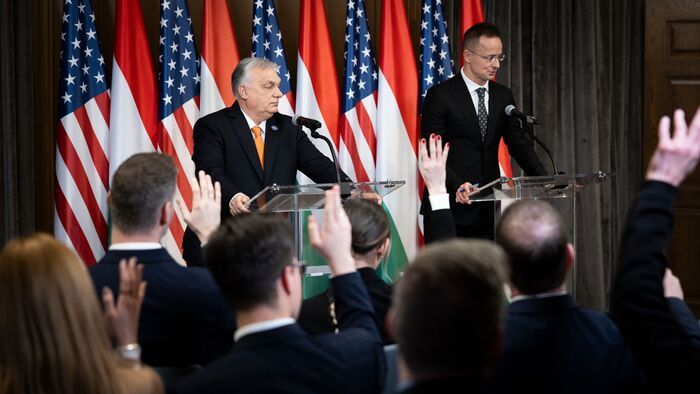
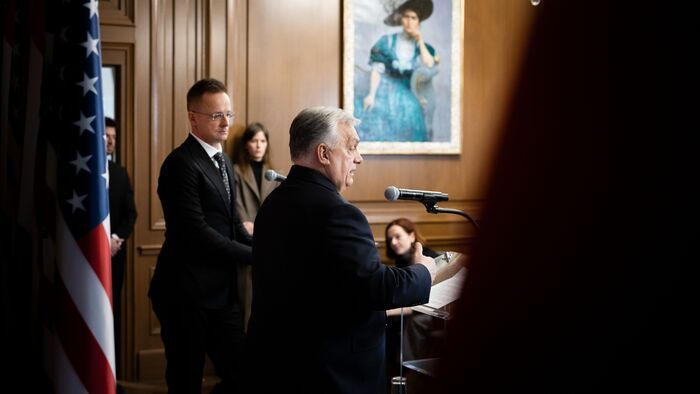
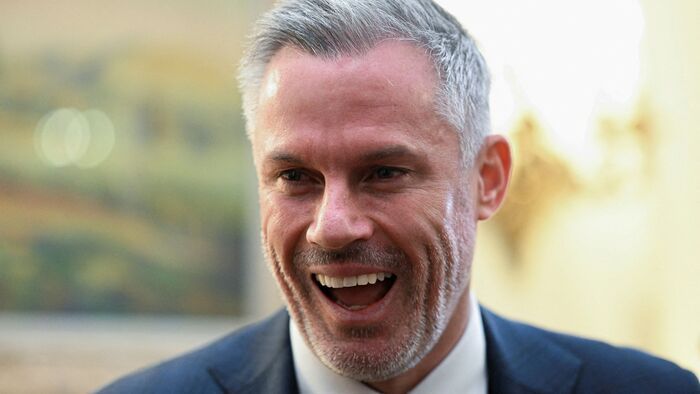



Szóljon hozzá!
Jelenleg csak a hozzászólások egy kis részét látja. Hozzászóláshoz és a további kommentek megtekintéséhez lépjen be, vagy regisztráljon!